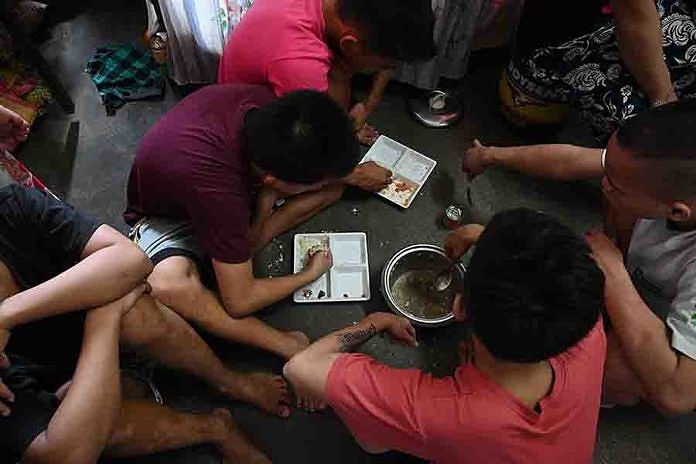
MANILA, BALIPOST.com – Eleven-year-old Jerry’s crime was breaking curfew laws after fleeing violence at home. His punishment? Being sent to a youth detention centre, where he says he endured sexual abuse.
Officially called “Houses of Hope”, proponents in the Philippines say such facilities are places for reformation and education, but critics slam many of them as “hellholes” where children are treated like caged animals.
Rights’ groups say Jerry should never have been detained under current laws, but warn a proposed bill to lower the age of criminal responsibility from 15 to 12, will mean thousands more children will be sent to overcrowded and underfunded centres — leaving them vulnerable to mistreatment.
“I felt so dirty. That was the first time it happened to me,” Jerry told AFP as he recalled the night he was pulled from his bed, forced to the bathroom and attacked by older boys also held at a decaying centre in Manila.
“I cannot forget the sexual abuse,” he explained, adding that he left home to escape beatings from his father and ended up sleeping on the streets. His mother works in Kuwait.
Under existing law, Houses of Hope are primarily to hold young offenders aged 15 to 18. But charities say younger vulnerable children from troubled homes, like Jerry, are sometimes swept up in the dragnet even for minor misdemeanours and struggle to recover from the experience.
Watchdogs and former wards warn planned legislation to criminalise children as young as 12 and then detain them with older teens and in some cases adults will put those least able to defend themselves at risk.
“There is a higher potential for abuse because the government is not prepared,” said Melanie Ramos-Llana of Child Rights Network Philippines.
“You put more children into Houses of Hope which are not equipped, lack personnel and programmes, you will have problems. Jails or detention centres are not places for children,” she added.
Youth advocate Louise Suamen warns mixing youngsters who have committed minor infringements with older criminals could create a “school of crime”.
“If you are a child subjected to this environment, you can learn violence or abusive behaviour. If they want to change something… treat detention as the last resort,” explained Suamen of Bahay Tuluyan Foundation. (AFP)



